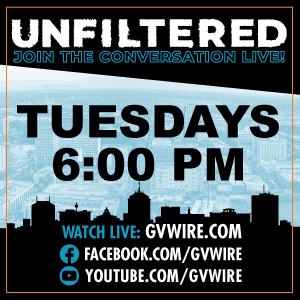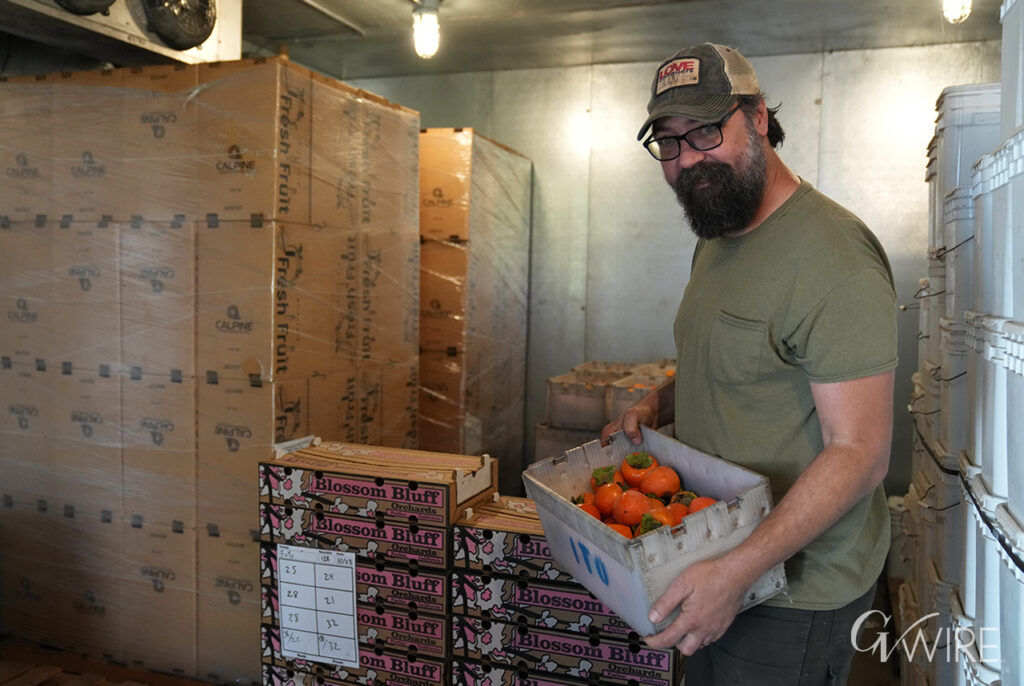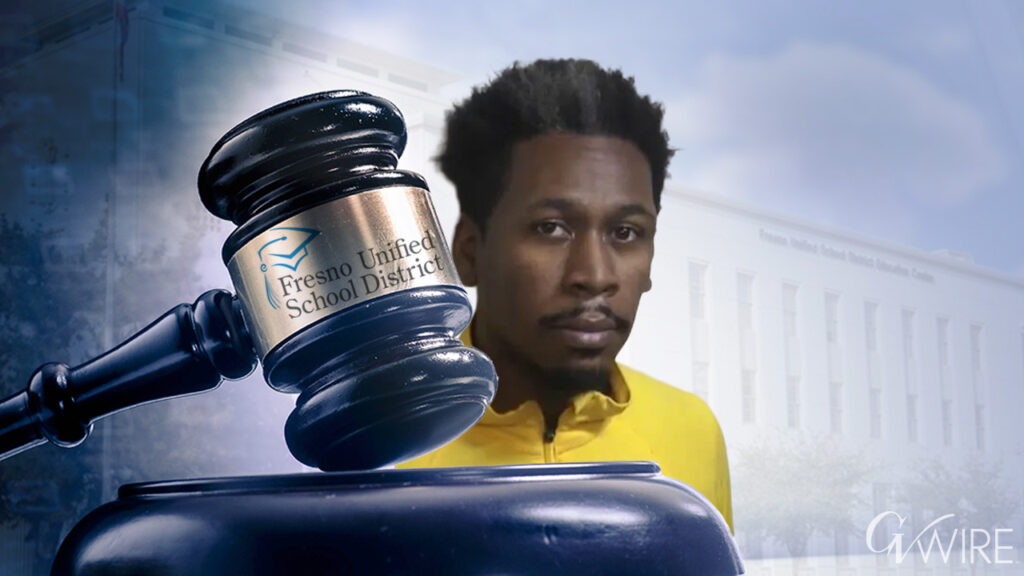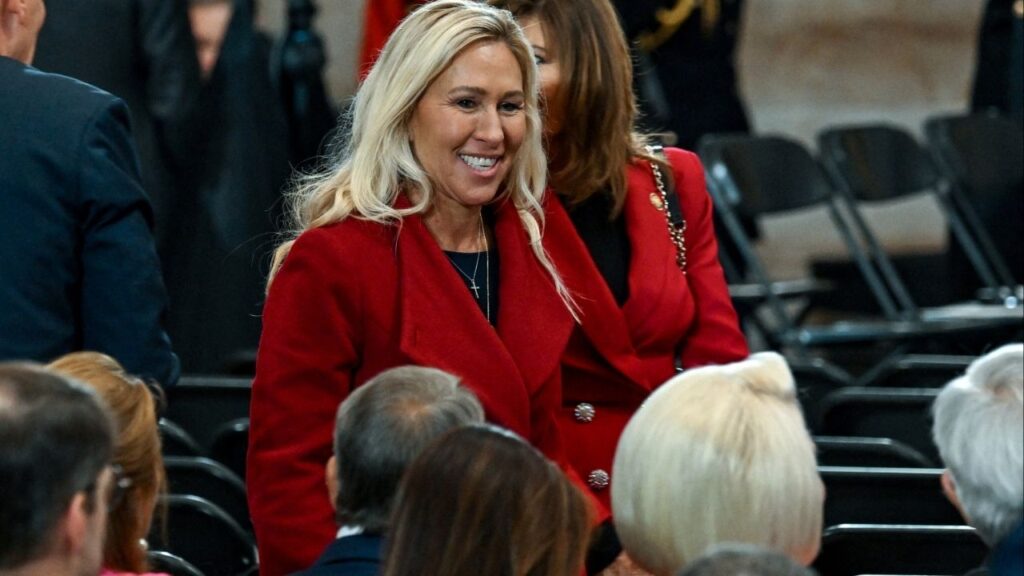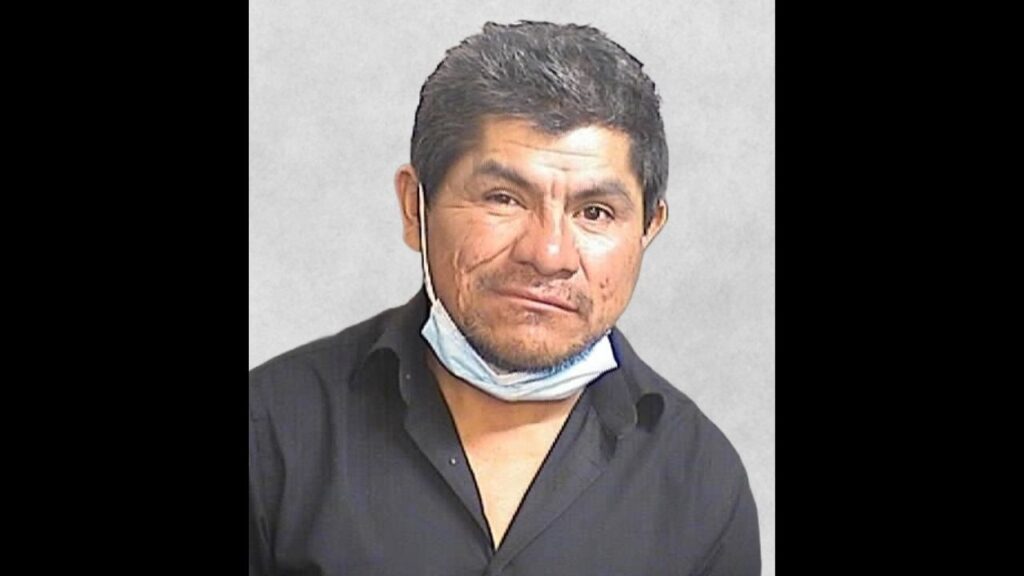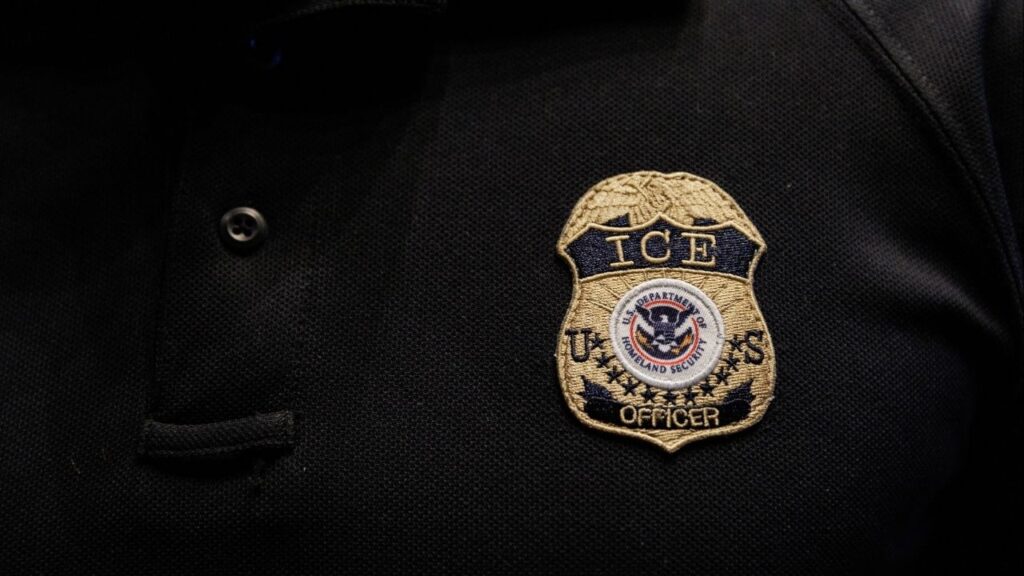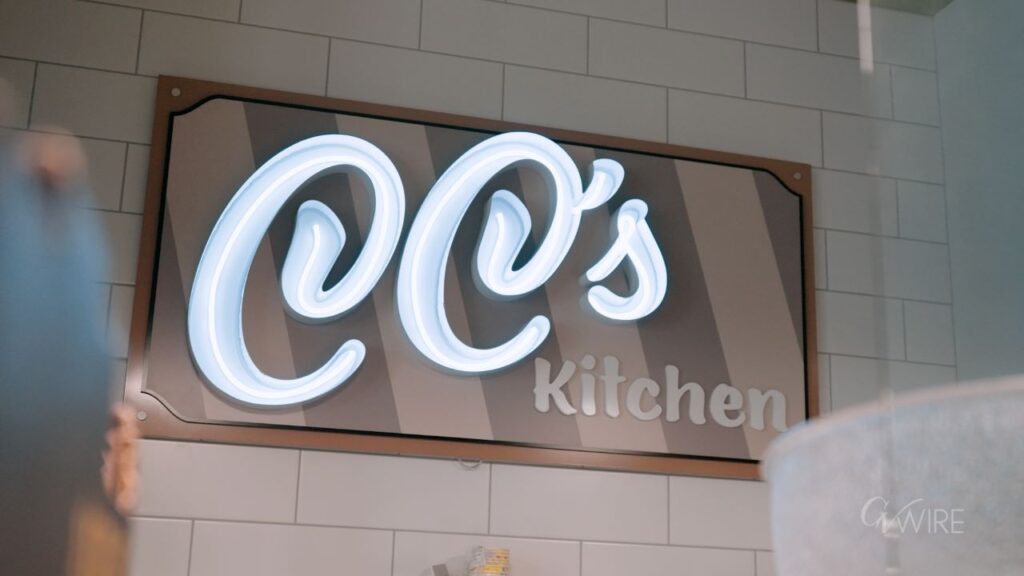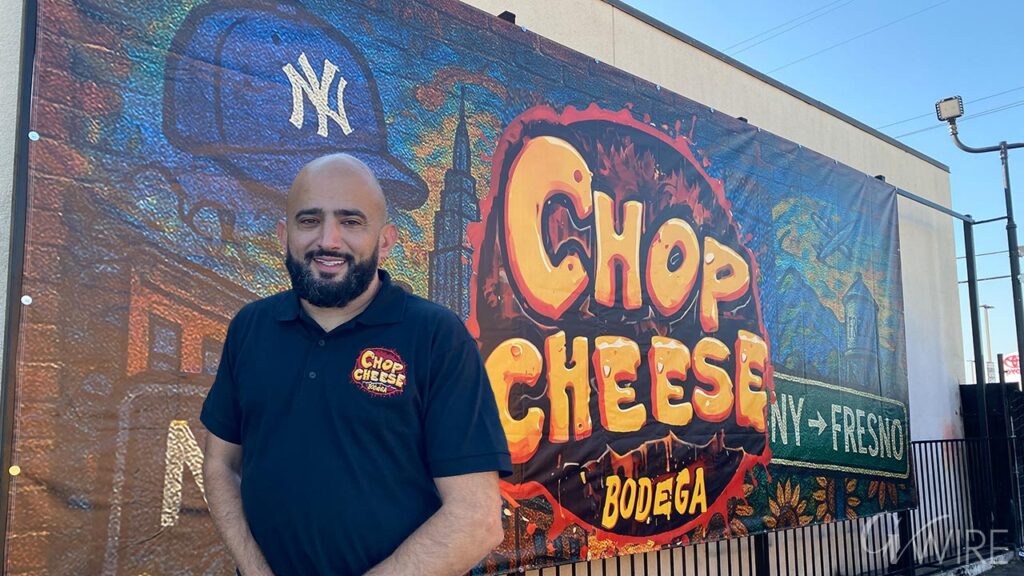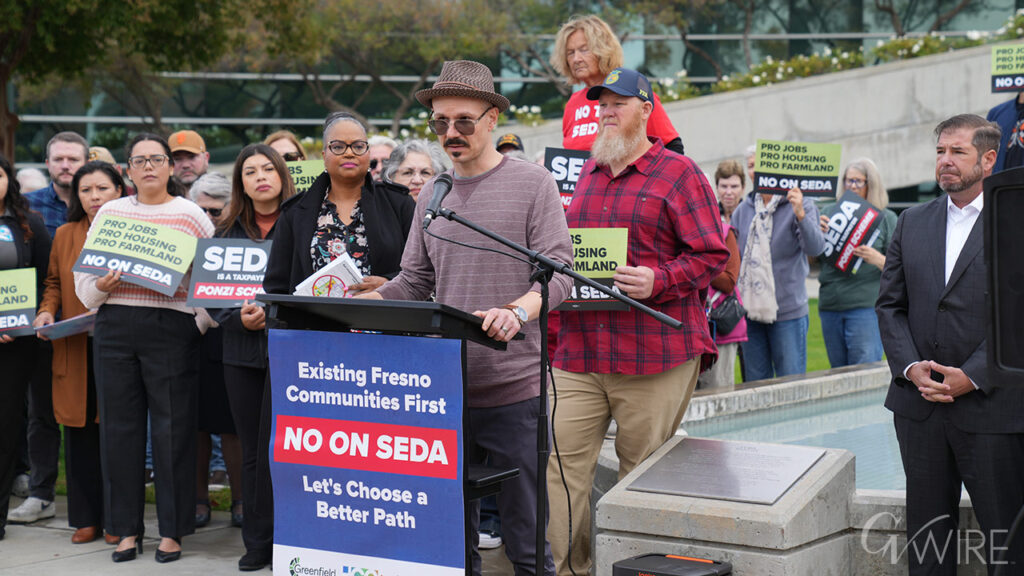The partnership between UCSF Fresno Mobile HeaL and Upstream will help close critical gaps in contraceptive care. (Shutterstock)

- UCSF School of Medicine, UCSF Fresno, and Upstream USA are teaming up to expand access to patient-centered, contraceptive care across Fresno County.
- Mobile HeaL currently provides no-cost, basic health care services to communities across Fresno County, including agricultural workers, unsheltered individuals, and residents living in rural communities of Fresno County.
- U.S. Health and Human Services Secretary Xavier Becerra and others applauded the expanded medical service that was announced Monday.
Share
|
Getting your Trinity Audio player ready...
|
UCSF School of Medicine and its regional campus UCSF Fresno and Upstream USA have announced a new collaboration to expand access to patient-centered, contraceptive care across Fresno County. Upstream will partner with Mobile HeaL, UCSF Fresno’s mobile medical clinic, and provide it with free training, technical assistance, and education to ensure that contraceptive services are available at no cost to every patient they serve.
UCSF Fresno News
In collaboration with the Fresno County Department of Public Health, the city of Fresno, and community-based organizations, Mobile HeaL currently provides no-cost, basic health care services to communities across Fresno County, including agricultural workers, unsheltered individuals, and residents living in rural communities of Fresno County. Through this new partnership with Upstream and for the first time ever, Mobile HeaL will expand their services to offer contraceptive care. Mobile HeaL (Mobile Health and Learning) is entirely grant- and donation-funded. This will be Upstream’s first California partnership and the first time Upstream is working with a fully mobile clinic.
UCSF Fresno Mobile HeaL to Offer Free Contraceptives
This new partnership was celebrated Monday at a convening focused on health care workforce shortages, medical education, and access to care hosted by U.S. Health and Human Services Secretary Xavier Becerra and Congressman Jim Costa, D-Fresno. In June of 2023, the Biden-Harris administration also announced a public-private partnership between the U.S. Department of Health and Human Services and Upstream to expand access to contraception across the country.
“Nobody should be denied access to the health care they need and deserve because of where they live, their income, education level, or background. Contraceptive care is basic and essential health care. I applaud UCSF and Upstream for coming together to break down barriers to ensure more equitable access to birth control,” Becerra said.
The partnership between UCSF Fresno Mobile HeaL and Upstream will help address some of the most pressing health care challenges facing the county and help close critical gaps in contraceptive care. In California, more than 2.6 million women in need live in contraceptive deserts, areas in which there is no reasonable access to a health center offering the full range of contraceptive methods. Fresno County is considered a contraceptive desert, where two in five women aged 13 to 44 lack reasonable access to contraceptive services.
Fresno County’s Teen Birth Rate Above State Average
Although the teen birth rate in California has been declining over the past decade, the teen birth rate in Fresno County is 17.3 live births per 1,000 females aged 15 to 19, much higher than the state’s average teen birth rate of 10.3. Compared to most counties in California, Fresno also has one of the highest rates of uninsured individuals (15.7%).
“UCSF School of Medicine and UCSF Fresno play a critical role in training physicians, many of whom stay in the San Joaquin Valley where they are most needed, addressing the unmet health needs of Valley residents,” said California Lt. Governor Eleni Kounalakis. “I applaud this important collaboration between UCSF Fresno and Upstream that will expand health care access and make a meaningful impact in our communities.”
“This partnership builds on the successful track record of UCSF Fresno Mobile HeaL in expanding access and advancing health equity in our communities,” said Dr. Kenny Banh, UCSF Fresno Mobile HeaL medical director and assistant dean for Undergraduate Medical Education at UCSF Fresno.
“We are more than a mobile clinic. We are a pathway for the next generation of healthcare leaders. Mobile HeaL provides learning opportunities for pre-health students. Through this partnership with Upstream, not only will more patients gain access to critical contraceptive services, future health care professionals will be better equipped to have these important conversations with their patients and better trained to provide patient-centered contraceptive counseling and care.” said Banh.
“Contraceptive care is basic health care that should be accessible to every person, wherever and whenever they seek their care,” said Mark Edwards, CEO of Upstream. “Yet far too often, that basic health care is overlooked, especially for our rural communities. Upstream is thrilled to work with a partner like UCSF Fresno Mobile HeaL that shares our commitment to access and equity and is already bringing critical health services to the doors of its patients.”
“Increasing access to birth control plays a pivotal role in preventing unintended pregnancies and promoting overall wellness,” said Dr. Trinidad Solis, deputy health officer in the Fresno County Department of Public Health. “Most Mobile HeaL patients come from marginalized communities where issues related to health insurance, housing, language, and transportation often create barriers to accessing quality medical care. The Fresno County Department of Public Health applauds this partnership and looks forward to working together to address these challenges and advance health equity in the region.”
“This partnership, supported by the U.S. Department of Health and Human Services, will expand health care to residents in the Valley who lack access to doctors to assist with family planning,” Costa said. “According to the California Health Care Foundation, 78% of Central Valley residents are less likely to have a regular doctor than residents in the rest of California. With programs like UCSF-Fresno’s Mobile HeaL clinic, we can help close the gap in health care access, including contraceptive care. We must do all we can to provide quality, accessible care to the people of the Valley.”





